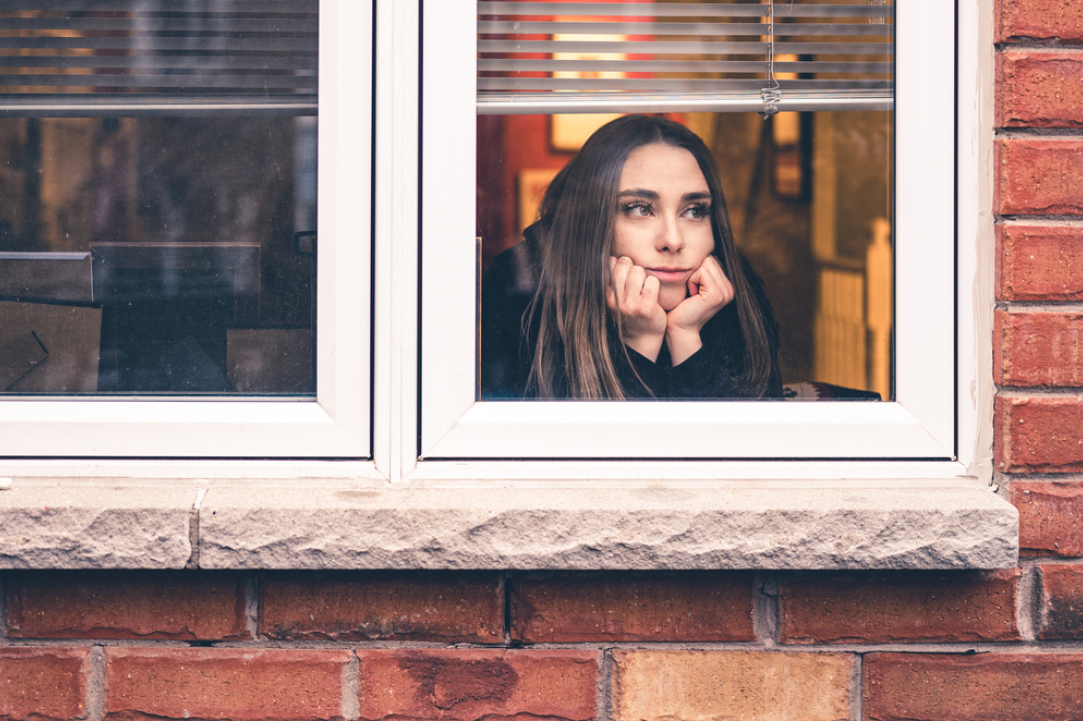
How Lockdown Has Changed Life for Russian Women
Researchers Yulia Chilipenok, Olga Gaponova, Nadezhda Gaponova and Lyubov Danilova of HSE – Nizhny Novgorod looked at how the lockdown has impacted Russian women during the COVID-19 pandemic. They studied the following questions: how women divided their time; how they worked from home; how they got on with their partners and children; and how they dropped old habits and started new ones in relation to nutrition, health, beauty, and self-development.
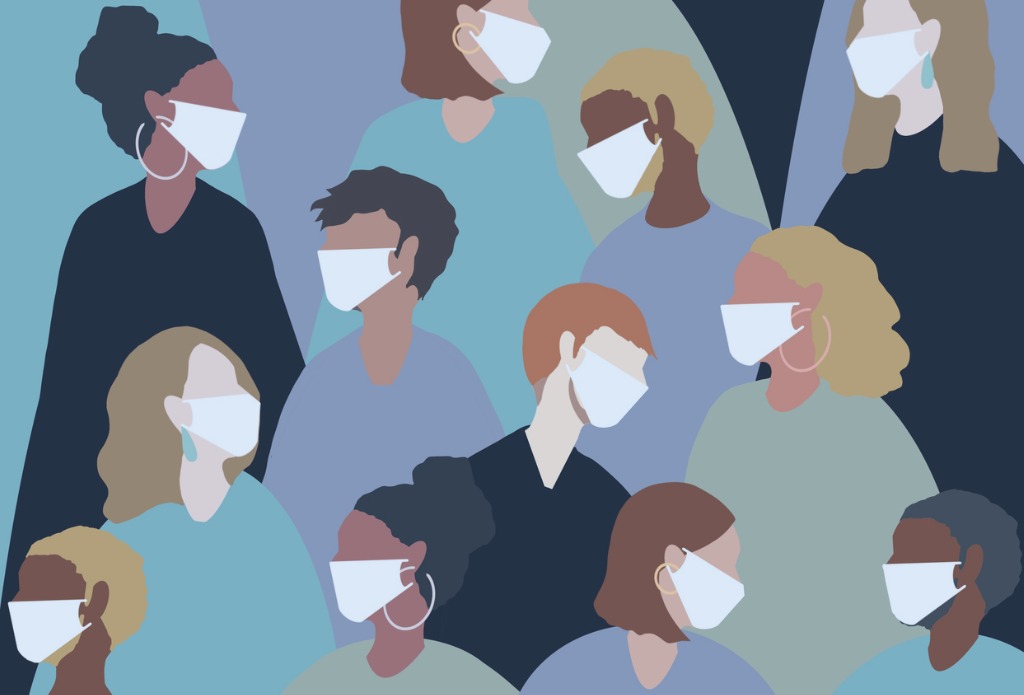
Competing Benefits: Economic Theory and COVID Constraints
Those who consider themselves healthy will be more willing to comply with COVID restrictions if they believe, according to their own estimations, that the expected losses from the disease will be significant, suggest researchers of the Faculty of Economic Sciences at HSE University.

Lower Rates of Self-isolation Observed in Low Income Areas
Researchers at HSE and Lomonosov Moscow State University analyzed data on Russians’ movements during the first wave of the COVID-19 pandemic. Their analysis showed that residents of lower-income municipalities self-isolated less compared to residents of higher-income cities. The findings were published in the journal Environment and Planning A.
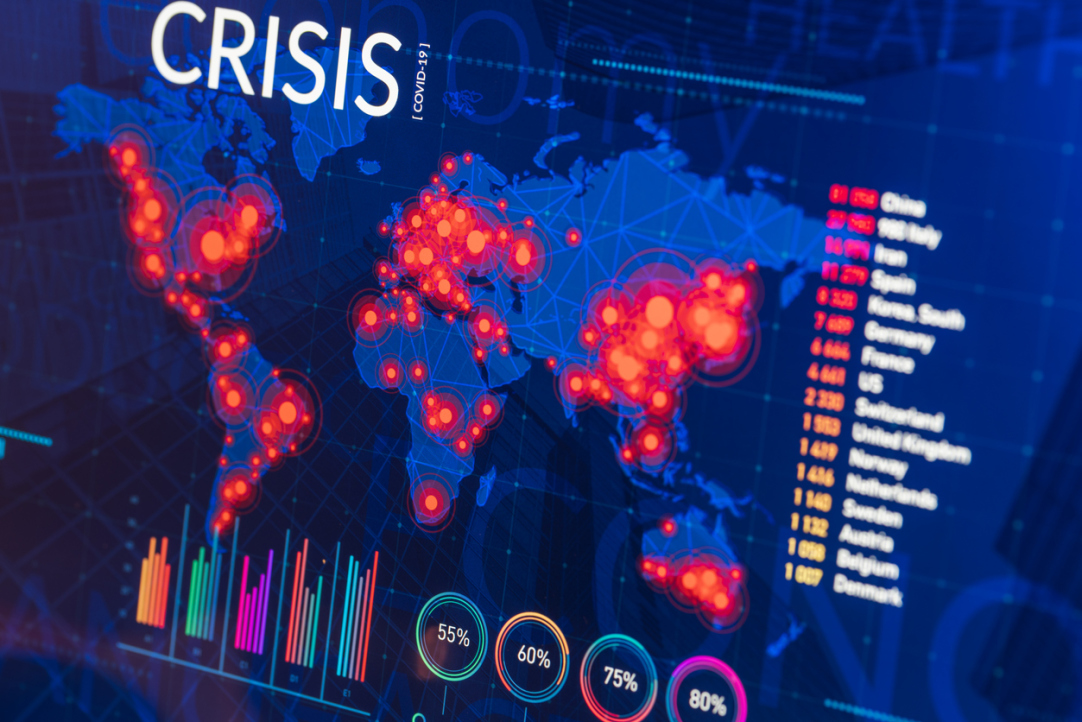
The Perfect Coronavirus Storm: a Crisis with Hope for a Speedy Recovery
How high is the risk of a full-blown financial crisis after the pandemic? Which countries and regions are most at risk? Are national governments managing to cope with the challenge of preventing economic collapse? Such topics were the focus of attention at the annual conference organised by the HSE University Faculty of World Economy and International Affairs.
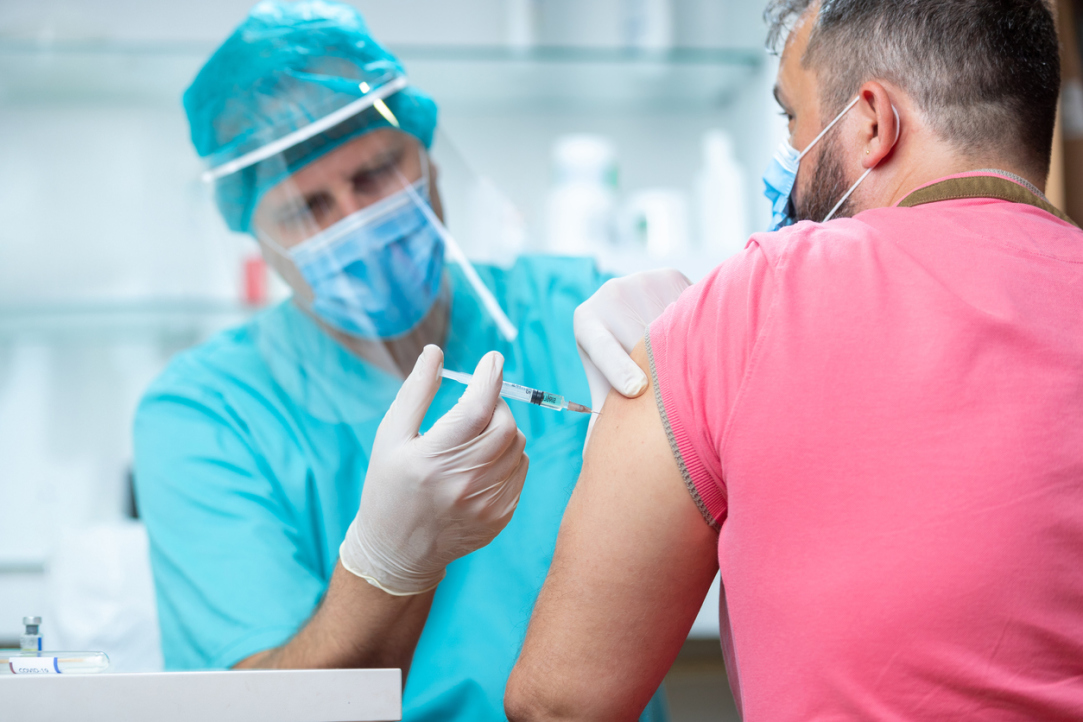
‘A Completely New Platform, Never Studied or Used Before’: mRNA by Pfizer vs. Sputnik V Viral Vectors
One of the biggest headlines of recent days has been the announcement made by Pfizer, a U.S.-based company, and BioNTech, Germany, that BNT162b2, a COVID-19 vaccine they are developing, has proved to be 90% effective in its Phase 3 clinical trial. The news was met with big excitement all over the world. However, the Pfizer-BioNTech vaccine is based on a new platform, which is still understudied. According to protocol, its trial will be complete only in 2022. IQ talked to Larisa Popovich, Director of the HSE Institute for Health Economics, about the differences between the U.S.-German and the Russian Sputnik V vaccines, and about the chances of beating COVID-19 with massive immunization in the upcoming months.
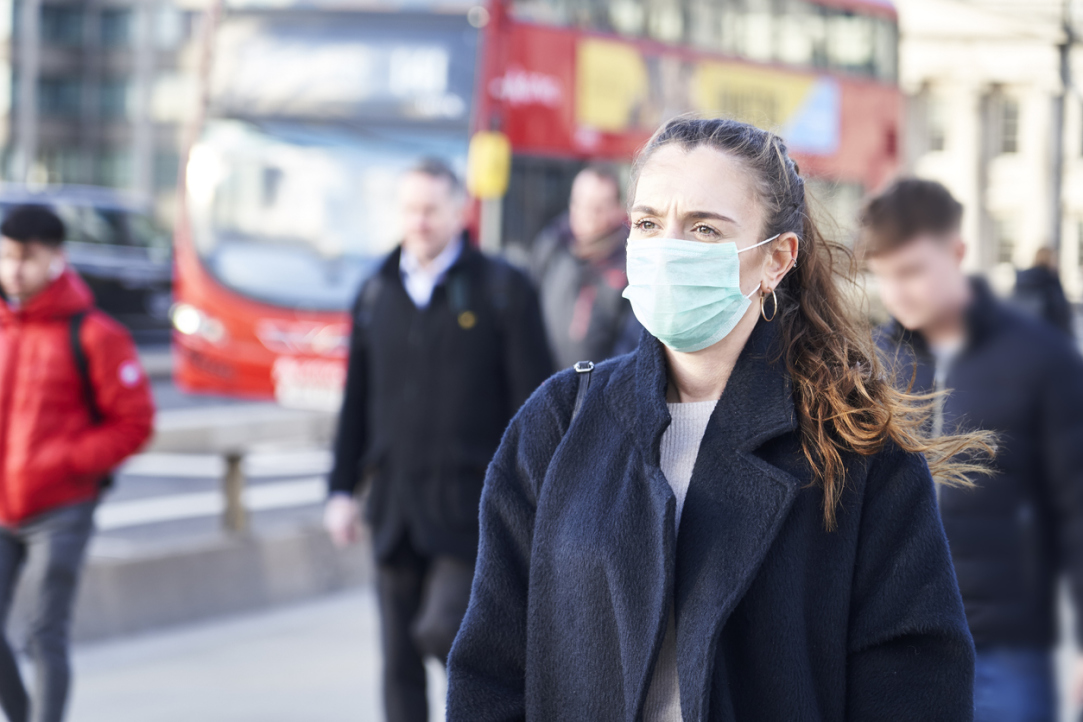
‘We Have to Ask the Very Same People Multiple Times to Understand What Changes in Emotions, Attitudes, and Behaviors Really Take Place’
On November 6, Dr. Klaus Boehnke, Deputy Director of the HSE Centre for Sociocultural Research, presented his report entitled ‘Does COVID-19 propel value change: A comparison of Germany and the United Kingdom?’ at the ‘Culture Matters’ research seminar. HSE News Service has talked to Dr. Boehnke about various aspects of the value changes and socio-economic consequences of the pandemic in Europe and Russia.

From Future to Present: How the Coronavirus Crisis Opens up New Opportunities for Domestic Business
The pandemic has put global development on hold and this is a chance for Russia to occupy market niches that were previously closed. But innovation should become as essential as air and, without information technology, new niches will still not be open. Alexander Chulok, Director of the HSE UniversityCentre for Science and Technology Foresight, spoke about this in a special report at the global conference‘Accelerate Global 2020’.
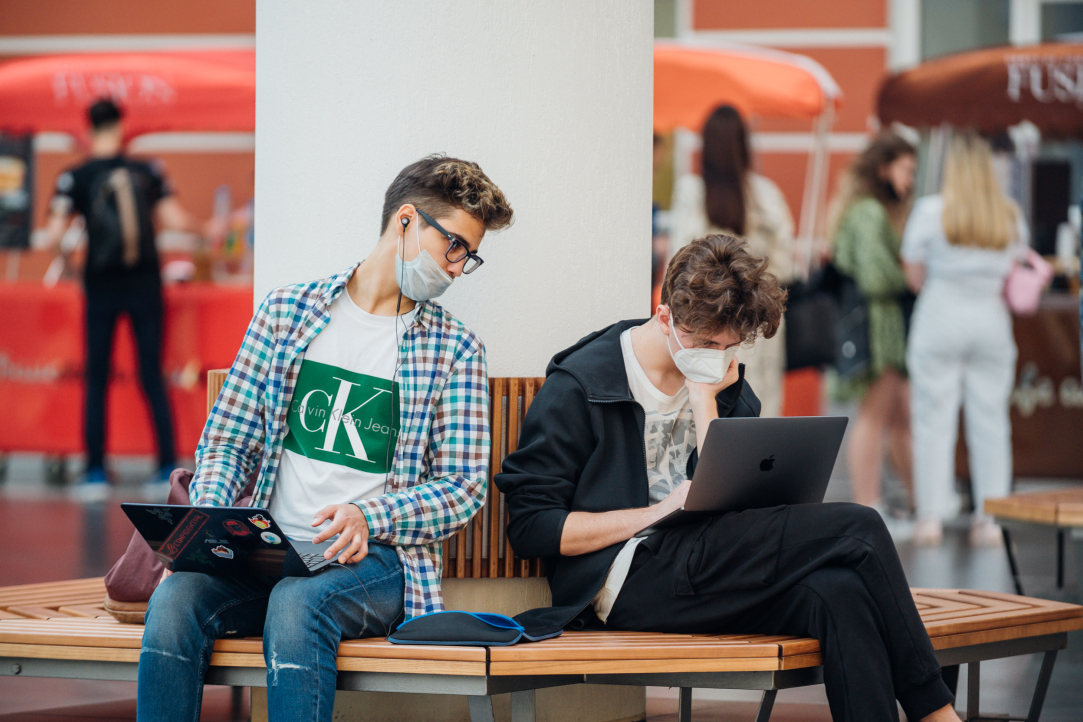
HSE University Moves All Lectures to Online Format
Starting October 26, 2020, lectures at all HSE University campuses will be held online. At the same time, the University’s buildings remain open to students and staff. Seminars will mostly remain offline. However, it is possible that some will also be transferred online.
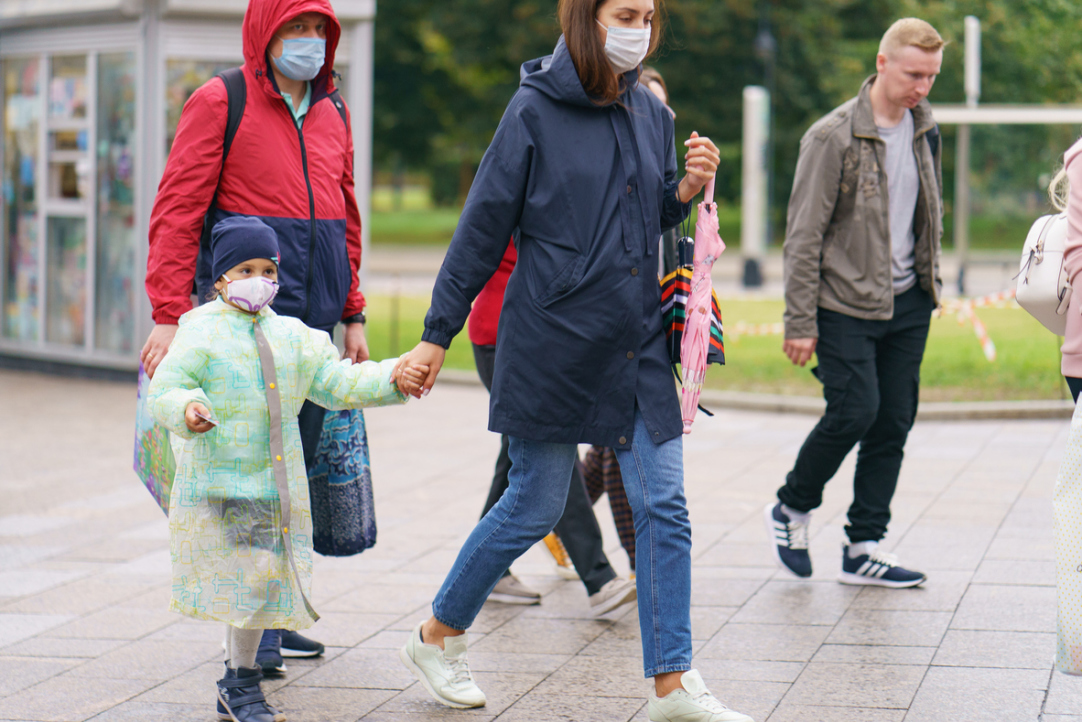
How Following the Law Helps to Fight the COVID 19 Pandemic
Mathematicians of the Higher School of Economics have calculated the effectiveness of measures taken to fight the coronavirus epidemic in different countries. They have concluded that the scale of anti-epidemic measures does not necessarily directly affect the disease rate, suggesting that one of the main reasons for this is the willingness of citizens to clearly, honestly and consistently comply with anti-epidemic measures.

A Pandemic of Negative Interest Rates: Banks and Their Clients Will Have to Adapt to a New Normal
The coronavirus pandemic and lockdown have made life difficult for credit institutions and their clients. Citizens’ incomes have decreased, which can lead to an increase in bad debts, and a decrease in the key rate to support the economy makes deposits less and less attractive and deprives banks of an important resource. Banks are compelled to search for new ways to earn money, which carries additional risks, says HSE Banking Institute Director Vasily Solodkov.


Submissions are open until October 13